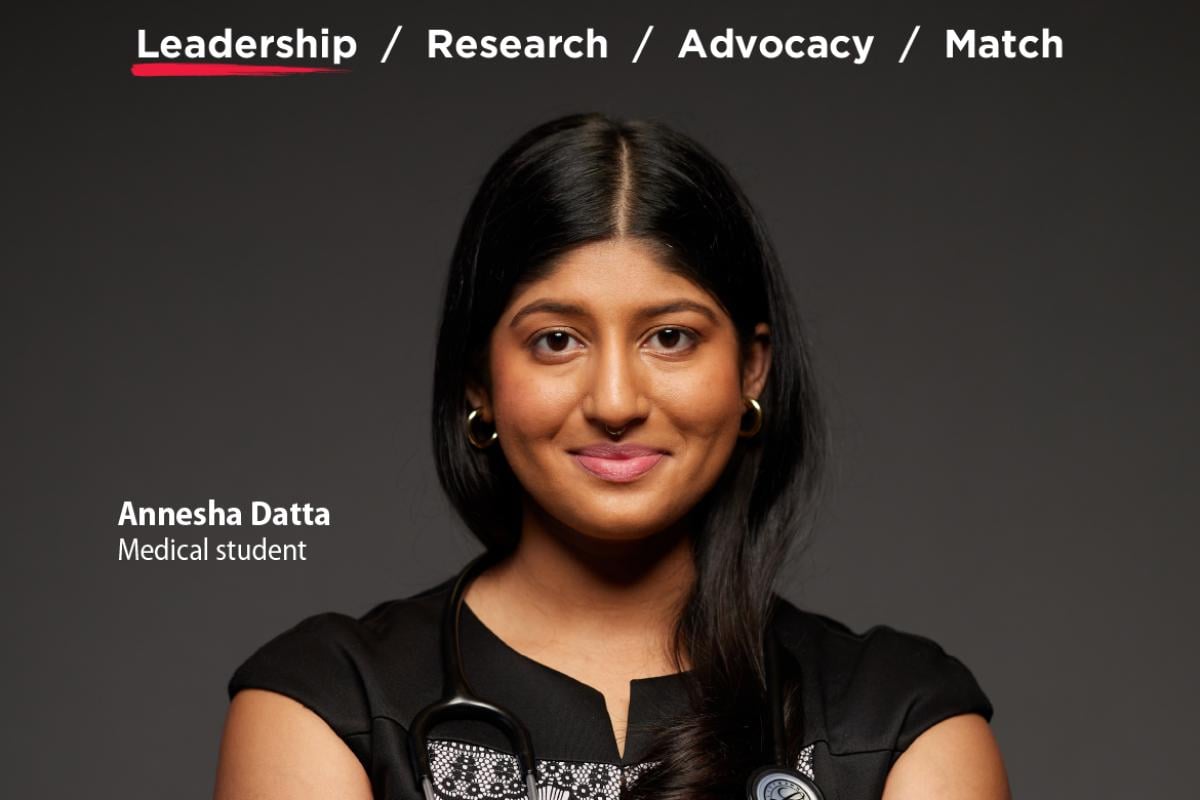Medical School Life
Survive and thrive as a medical student with advice from the AMA. Learn the opportunities available to you and what to expect at every stage of your medical school education—from USMLE ® exams to clinical rotations and more.
Membership Moves Medicine™
Essential Tools & Resources
Join the AMA and get a free study guide
Guide to Being a Good Coachee: A handbook for learners
FREIDA™ Medical Specialty Guide: Simplify specialty selection
Save on test prep with AMA discounts for student members
Subscribe to Succeeding in Medical School
Understand residency match slang with this glossary
Your powerful ally
The AMA helps physicians build a better future for medicine, advocating in the courts and on the Hill to remove obstacles to patient care and confront today’s greatest health crises.
Get your daily dose of medical news
The biggest stories in medicine and public health delivered right to your inbox.




